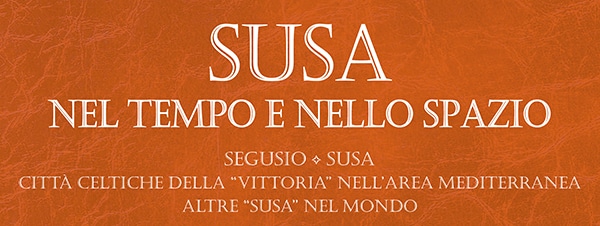Il concetto di “FORZA” e di “VITTORIA” attraversa lo spazio ed il tempo
Tra i concetti che i popoli si portano dietro, in tutte le loro marce e le loro avventure, c’è indubbiamente il concetto di “forza”: inteso come capacità di andare in battaglia, di schiacciare i nemici, di ottenere quella che si imparò presto a chiamare “vittoria”.
Ebbene, da tempo immemorabile l’idea di forza e di vittoria, per i popoli che si sono mossi dall’Anatolia attorno al Mediterraneo, fino al cuore dell’Europa, è rappresentato da una radice ben chiara: la radice “SEG-“, attorno alla quale furono costruite altre parole, altri nomi di persona, altri nomi di luoghi, tutti accomunati comunque da un orgoglioso concetto di forza e di vittoria.
Abbiamo quindi un termine dalle origini antichissime, come è antico nell’uomo il concetto di guerra e predominio: un termine con indubbi significati di commemorazione e di buon augurio, un termine quindi destinato a fare fortuna, nella toponomastica europea.
Among the concepts carried by the people with them, in all their marches and new experiences, has been the undoubted concept of “strength”, meaning the ability to go into battle, to crush enemies, in order to get what we have learnt to call “victory”.
Well, from time immemorial the idea of strength and victory, for the peoples who moved from Anatolia around the Mediterranean, to the heart of Europe has been – and still it is – represented by a very plain linguistic root – that is “SEG-“, around which other words would later be built, as well as other names of persons and places, all joined in the proud concept of ‘strength’ and ‘victory’.
We therefore have a term with very ancient origins, as the concept of war and domination itself was familiar to the ancient man himself – a term with undoubted significance of commemoration and good wishes, hence a word therefore bound up to the concept of ‘success’ and ‘ good luck’, throughout the European toponymy.
